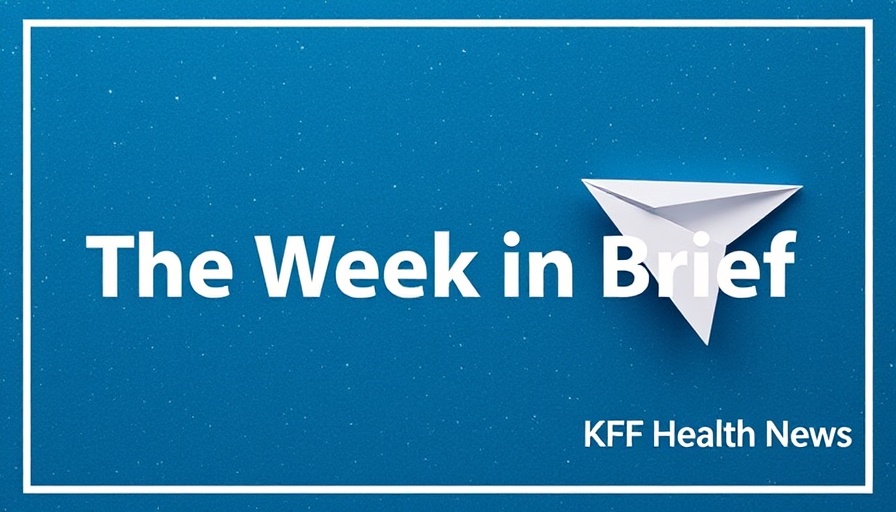
Understanding the Potential Impact of Medicaid Cuts
As Congress debates significant cuts to Medicaid, tribal health leaders from across Indian Country are expressing grave concerns about the implications for Native American health services. Medicaid plays a vital role in supporting tribal communities by helping cover persistent funding shortfalls left by the Indian Health Service (IHS), the federal agency responsible for healthcare delivery to Native Americans.
Unique Relationship Between Tribes and Medicaid
Funding from Medicaid, which goes hand in hand with the Children’s Health Insurance Program, serves over a million Native Americans and constitutes about two-thirds of the non-IHS revenue for tribal health providers. According to Liz Malerba, a policy expert at the United South and Eastern Tribes Sovereignty Protection Fund, Medicaid funds are essential in fulfilling the federal government’s trust and treaty obligations to Native Americans. Any cuts to the program could be viewed as a direct abrogation of this responsibility, jeopardizing essential health services that tribes rely on for health and wellbeing.
The Stakes Are High - Health Disparities Worsen
The House has indicated a willingness to cut $880 billion over the next decade, which could severely limit resources for already underfunded health services. Such significant cuts may compel tribal health facilities to reduce services, which is alarming given the fragile health landscape in many tribal communities characterized by severe disparities and high incidences of chronic illnesses. Tribal health facilities could face budget deficits comprising between 30% to 60% from Medicaid, creating a substantial challenge to maintain essential health services.
Future Predictive Insights for Tribal Health Services
Looking ahead, the potential consequences of Medicaid cuts on tribal health services could manifest not only in reduced care availability but may also exacerbate existing health disparities. With shorter life expectancies and a high incidence of chronic diseases within Native populations, the pressing need for adequate funding cannot be overemphasized. The prospect of scaling back services threatens to reverse any progress made in addressing these deeply entrenched health disparities.
Call to Action: Advocate for Tribal Health
As discussions around Medicaid funding evolve, now is the time for health enthusiasts and advocates of social equity to raise awareness. Engaging with policymakers and supporting initiatives that advocate for the preservation of funding can make a significant difference in safeguarding the health of Native American communities. Take action by educating others on the importance of Medicaid for tribal health systems and supporting legislators who prioritize equity in healthcare funding.
 Add Row
Add Row  Add
Add 




Write A Comment